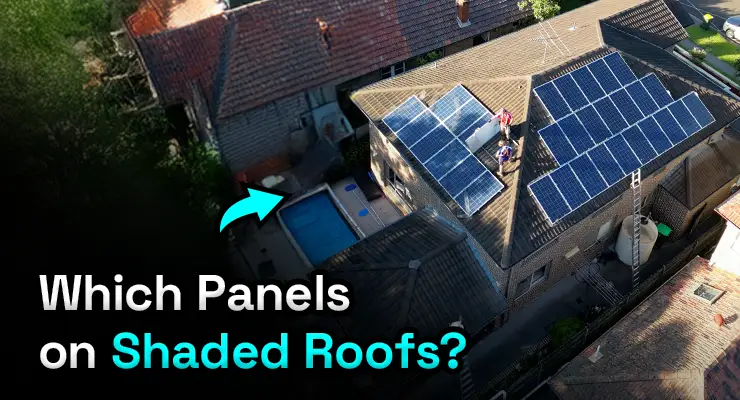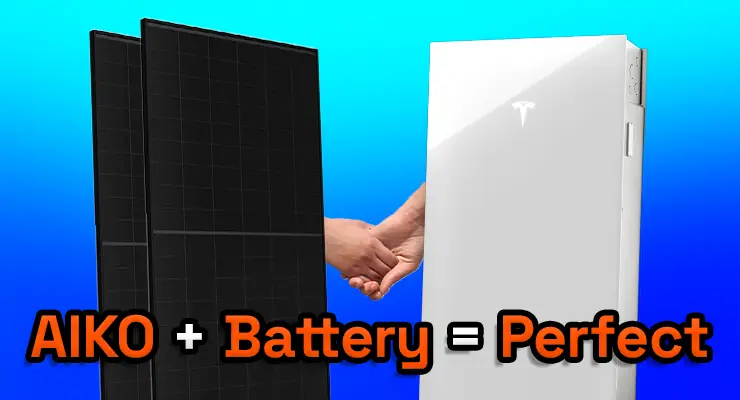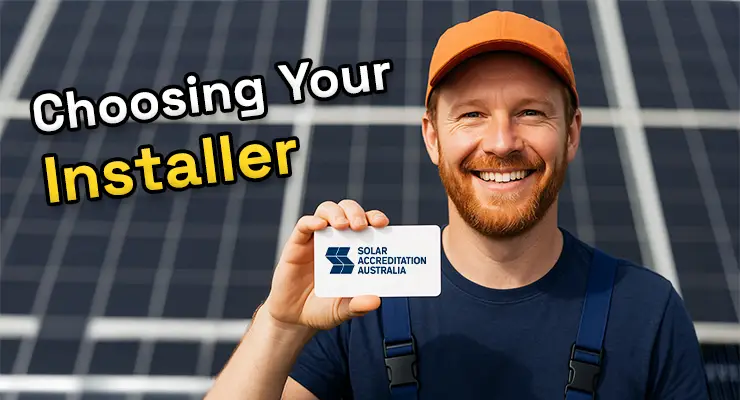Fast read
The solar industry has seen a trend of businesses going out of business, leaving homeowners with faulty systems still under warranty. This phenomenon is known as "orphaned solar systems", and there are close to 1 million of them on Australian roofs.
The problem is caused by a boom and bust culture in the solar industry, partly because of regularly changing Federal Government policies over the past two decades.
If you find yourself in this situation, start by checking the current status of the installation company, the product distributor, and the manufacturer by conducting an ABN, ACN, or business name search on the ASIC website.
If the company is still operating but cannot contact them, you can complain to the state-based fair trading agency. However, suppose the company has gone out of business. In that case, your only option is to contact the person who physically installed the system or the panel and inverter manufacturers and explore what support is available.
My solar company has gone out of business – what can I do if I have a solar system issue?
A common occurrence in the solar industry is that many homeowners had initially purchased a solar system from a solar company (in many cases, a bargain system at a low price!). However, now that it has become faulty and should still be under warranty, they approach the solar company only to discover that your solar company has gone out of business.
These are known as orphaned solar systems, and there are close to 1 million such solar panel systems across Australia. ASIC has data confirming that since 2011, more than 800 solar companies have entered liquidation, bankruptcy or stopped business.

What can you do if you have a solar system with no support?
Start by checking the company’s current status that sold you the solar system. This means conducting an ABN, ACN or business name search on the ASIC website.
From here, you can see whether or not the company is still operating. Suppose your solar company is still operating, but you cannot contact them. In that case, it is advised that you make a complaint to the business’s state-based fair trading agency, which should be able to negotiate on your behalf. You can also decide to visit the listed premises physically.
However, if the solar company has already gone out of business, your workmanship warranty is null and void, with no value.
If your solar panels and solar inverters are vital components, you can contact the manufacturer’s office directly if they are still within the warranty period. You can still request that the manufacturer honour the warranty, which they must do under Australian consumer law. Ask them to send an authorised repair person to investigate the issue. If the issue pertains to the product warranty, the manufacturer and their nominated solar installer or service agent should manage and address it by fixing or replacing the product.
What if the solar company stopped trading?
If the solar company stops trading with the product’s manufacturer, your product warranty is null and void.
In many cases, systems that experience this fate were of the budget solar variety, installed by prominent national bargain solar variety players and using less than reliable products with no Australian company base to provide service and warranty claim support.
This usually means the installation could have been better, and the equipment needed better quality. In such a case, the most economical solution is to pull the solar system off and start again with a new solar system.
Especially if the solar system is already 3-4 years old and installation standards have changed, the upgrade costs usually mean the relatively new solar system has minimal economic value and needs to be disposed of.

Did your solar company Phoenix?
Also, the possibility exists that a solar company that has gone out of business appears again under a new name, sometimes on the same premises. This process, known as phoenixing, is recognised across the solar industry as a regular occurrence by cheap solar operators.
So make sure as a customer that if you see this occurring or believe that your solar company has done this or something similar, you report them to your relevant, fair trading agency.
How can you avoid this problem and install a quality solar system?
- Look at the solar company’s current status through their ABN, ACN or business name and see what year they registered. If they give you a 10-year installation warranty but have been around for only 2-3 years, be cautious;
- Read reviews in Google regarding their past installations and focus on the low-ranking ones; they can be more meaningful;
- Be cautious and avoid pushy ads that aggressively promote low pricing of solar systems, often featuring non-solar celebrities.
- Choose a local solar company so if there is a problem, they will have no problem providing after-sales service;
- Make sure to research the solar system components they have suggested;
What about subcontractors?
- Ensure the solar company doesn’t subcontract their jobs to someone unconnected with the sales company. While there can be good subcontractors if they work regularly for the solar company if they just come for a system here and there, ask more questions. ;
- Be wary if they ask you to pay for the whole solar system or a majority of the system cost before the installation; this is illegal.
- Interest-free finance is never interest-free.
- Never buy from a door-knocking or call centre company as you want the installer to come out and see your site.



